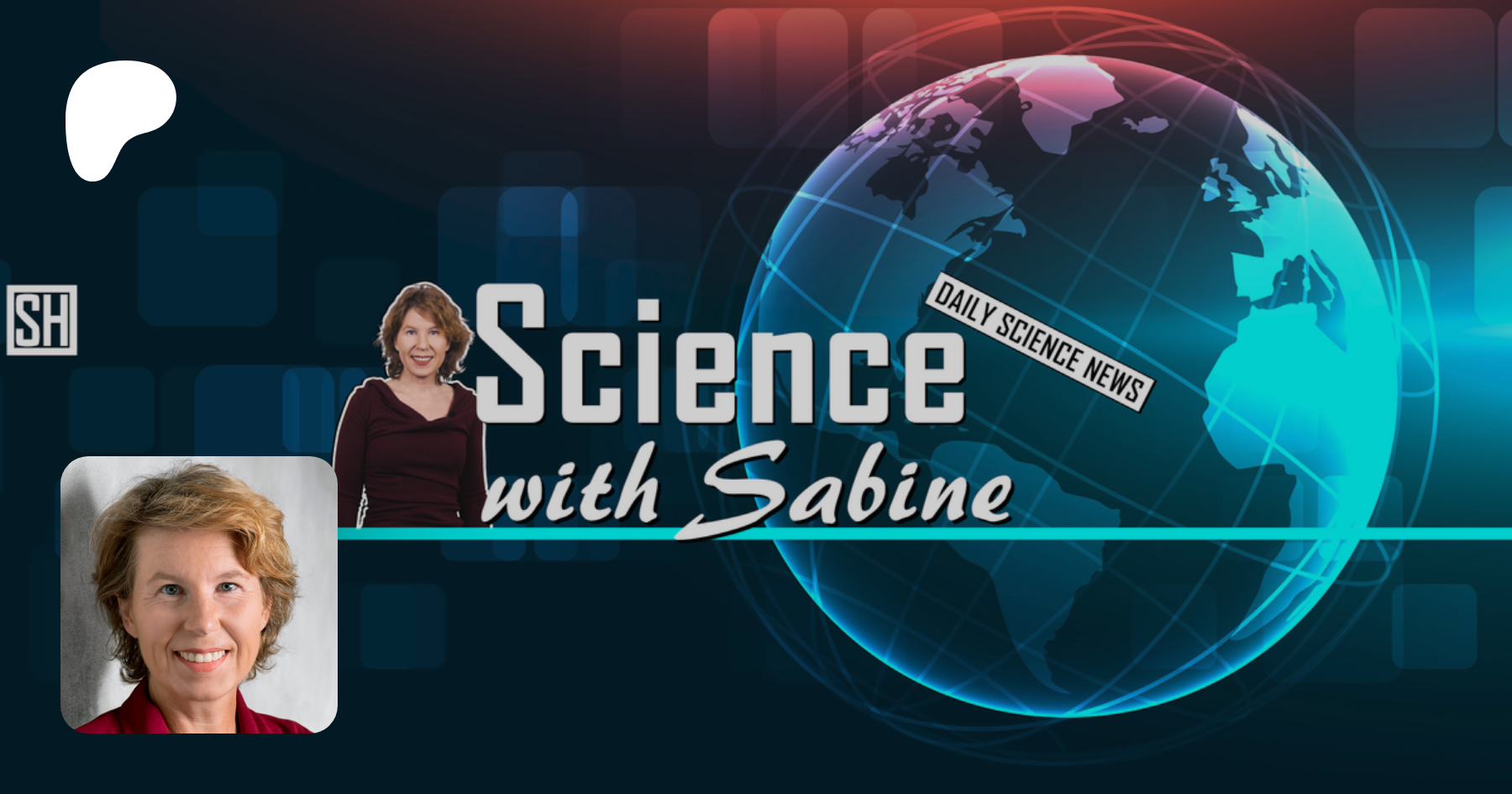- Sabine's Newsletter
- Posts
- Organic Wires, Gamed AI-Ranks, Electric Bacteria, and Chinese Code-Cracker
Organic Wires, Gamed AI-Ranks, Electric Bacteria, and Chinese Code-Cracker
This week’s science bits from SWTG

Moore’s Law Could Be Continued By Tiny Organic Wires

The researchers with samples of their molecule and a chemical model of it. Credits: Joshua Prezant/University of Miami.
Researchers at the University of Miami have developed organic molecular wires that can carry electricity over distances of up to 20 nanometres without losing power. The new, specially designed, molecules are long chains of smaller units (monomers) that accept and return electrons readily. While traditional semiconductors like silicon can easily carry current over longer distances, they struggle with efficiency and stability as they are scaled down to the nanoscale. By contrast, these organic wires maintain high conductivity even at tiny sizes, similar to carbon nanotubes and graphene nanoribbons, but with unique advantages: they can bend and stretch without breaking, and their electronic properties can be adjusted by changing the chemical composition. They might be ideal candidates to continue packing more computing power into our favorite gadgets. Press release here. Paper here.
This week’s episode of Science News is about China’s quantum computing advances. Last week, the media reported, again, that Chinese researchers used a quantum computer to crack a widely-used internet security protocol called RSA encryption. How much do we need to worry about it? Is the “quantum apocalypse” near, as some have claimed? Let’s take a look.
You can now create and share your own quizzes on QuizWithIt for free! Each quiz has a unique URL, can be embedded into websites or newsletter, and be shared on social media. Happy quizzing!
Big Tech Can Gaming AI Rankings, New Study Alleges

Image: Results of simulation that shows how the number of private variants can lead to an inflated arena score. Source: arXiv:2504.20879
In a paper that just appeared on the pre-print server arXiv, a group of AI researchers uncovered major biases in the way AI models are ranked in the Chatbot Arena, one of the leading platforms for comparing chatbot performance. The researchers found that big players like Meta, Google, OpenAI, and Amazon are given special privileges to privately test multiple versions of their models and only publish the best results. This hidden practice allows them to inflate their rankings by cherry picking data, making their models appear stronger than they actually are.
The researchers warn that these manipulations distort public perception and even influence research funding, pushing AI development in directions that may not reflect true performance. Paper here.
Partnered with Brilliant
Change The Way You See The World
Transform your mind with Brilliant, the app that makes it easy to build cutting-edge skills and keep your mind sharp in just minutes a day. Brilliant has thousands of bite-sized, interactive lessons in math, logic, data analysis, programming, AI, and more. Try it free for 30 days – my readers can also get 20% off an annual premium subscription.
New Discovery Turns Common Bacteria into Tiny Power Plants

Scientists at Rice University in Texas have discovered that Escherichia coli—best known for its role in the human gut—can be reprogrammed to generate electricity. They grew the bacteria on a surface of glycerol and modified their metabolism so that it sent electrons to an electrode. The current generated is small, just about 50 mW per square meter, but it’s enough to power low-energy devices. If the substrate can be replaced by organic waste, it could come in handy to monitor pollution levels in landfills or wastewater. Press release here. Paper here.
Unlock the Secrets of Science, Philosophy, and Culture.
Discover stories that stretch your mind and stir your imagination. Nautilus, the science newsletter, explores the deep connections between science, philosophy, and culture — one idea at a time. Join thousands of curious readers and get beautifully crafted essays delivered to your inbox every week.

